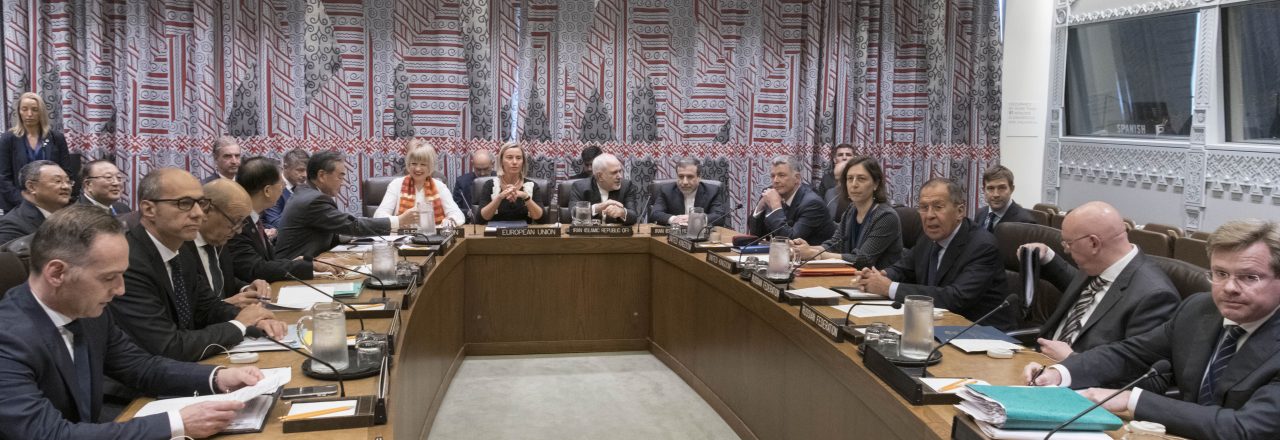
Tension in the Gulf leaves its mark on the UN General Assembly
Recent tensions in the Gulf were at the centre of diplomatic talks at the UN General Assembly. Heads of State and Government focused on ramifications of the recent attack on two Saudi petrol facilities and on the future of the Joint Comprehensive Plan of Action (JCPOA). US President Donald Trump announced that the US are ready to send troops and weapons to Saudi Arabia, blaming Iran for the attack. While the Iranian President Hassan Rouhani rejected a meeting with Trump, one of his spokespersons told Reuters that Tehran is ready to accept a new nuclear deal if the US lifts the sanctions. On 27 September, the Turkish President Recep Tayyip Erdogan declared that Ankara will continue oil and natural gas trade with Iran despite US sanctions and urged caution over blaming Teheran for the attacks against Saudi oil facilities. On 26 September, the International Atomic Energy Agency (IAEA) announced that Teheran had committed new breaches of the JCPOA by enriching uranium with advanced centrifuges. Germany, the UK and France, the three European countries involved in the Iranian Nuclear Deal, warned the Islamic Republic over further breaches of the deal. On 25 September, China, France, Germany, Russia, the UK, the EU and Iran held a ministerial meeting regarding the implementation of the JCPOA. Following the meeting, HR/VP Federica Mogherini commented that “we will try and continue keeping the agreement in place and overcome the difficulties we are facing”, without hiding that “it is increasingly difficult to do it”.
- The Euromed news are edited by the team of the Euro-Mediterranean Policies Department of the European Institute of the Mediterranean -


